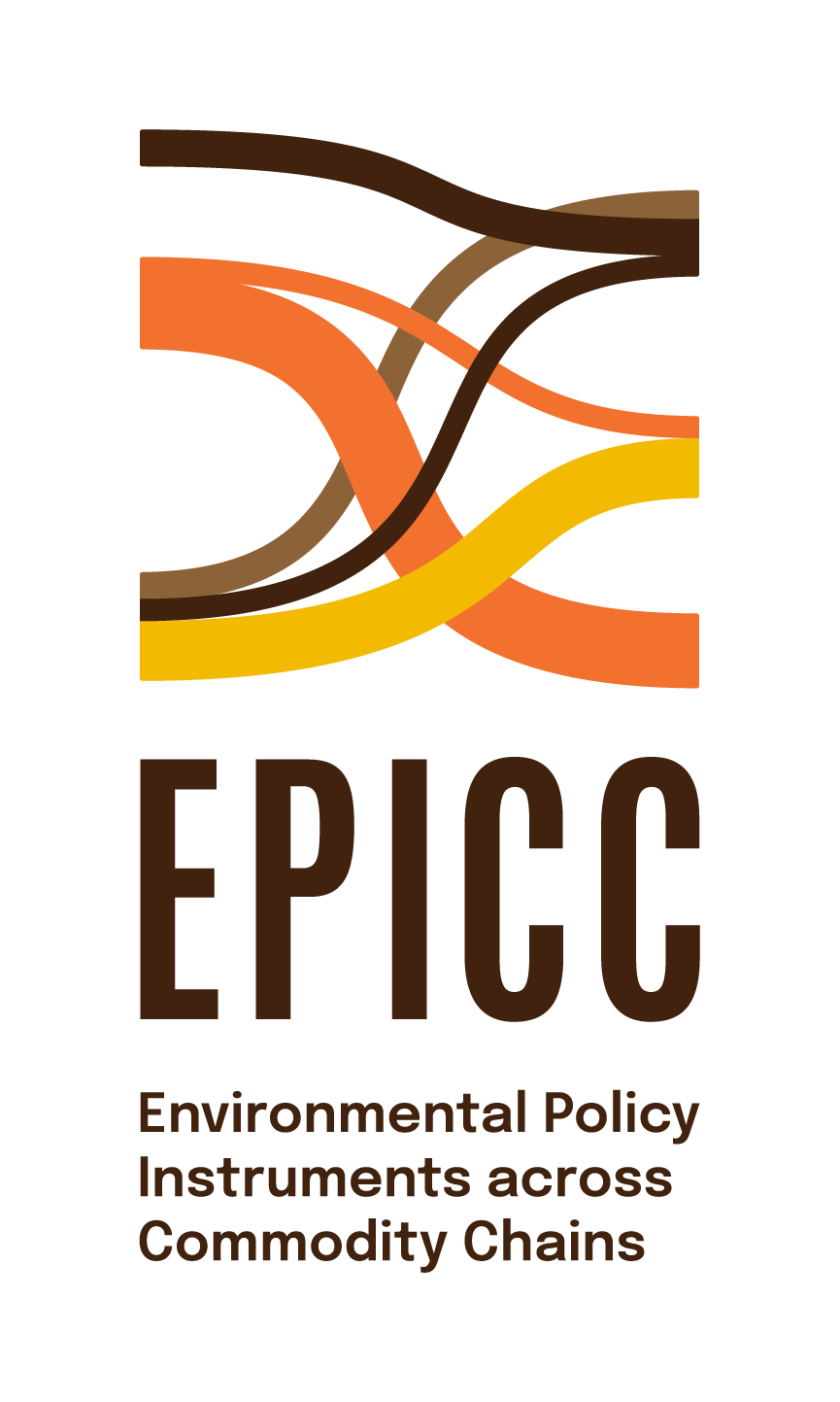
The conversion of natural ecosystems for agricultural land use and minerals’ extraction is one of the main drivers of global biodiversity loss. At the same time, deforestation and forest degradation in the tropics is the second largest source of global greenhouse-gas (GHG) emissions. Despite the scientific evidence about agriculture and mining as major threats to biodiversity and the global climate, the frontiers of global value chains continue to be expanded into tropical forests, causing deforestation, forest degradation and biodiversity loss.
The planetary organization of value chains is part of the problem: it intensifies the need for meat and minerals, increases the distance between the locations of extraction and production, and places of processing and final consumption. This telecoupling disconnects spaces of consumption with the local socio-ecological impacts of production. In recent years, consumers, governments and companies based in the European Union (EU) are increasingly looking for solutions to address environmental and social externalities of imported commodities such as meat and minerals. This renewed sensitivity has led to new regulations (e.g., the EU deforestation-free regulation), but also transnational corporations to adopt best practices guidelines and certification schemes.
EPICC applies a polycentric governance and environmental justice approach to investigate five selected commodity chains (cattle, soy, palm oil, gold and tin) that ‘feed’ the European market. EPICC seeks to map the governance and power links that connect the multiple territories of production and transformation and their plural legal systems with the European regulatory, political and socio-economic space. Thereby, the project identifies and analyzes leverage points and blind spots, and sheds light on the micro and macro conditions that may facilitate the mitigation of environmental and social impacts that occur at the selected locations of production, which are Brazil, Colombia and Indonesia.
EPICC pursues a multi-actor and transdisciplinary approach. Stakeholder involvement is thus one key aspect in each phase of the project. Commodity chain actors are one of the main target groups and include all actors that shape, implement and are bound by governance structures along the selected commodity chains.
Developed by Estúdio Massa